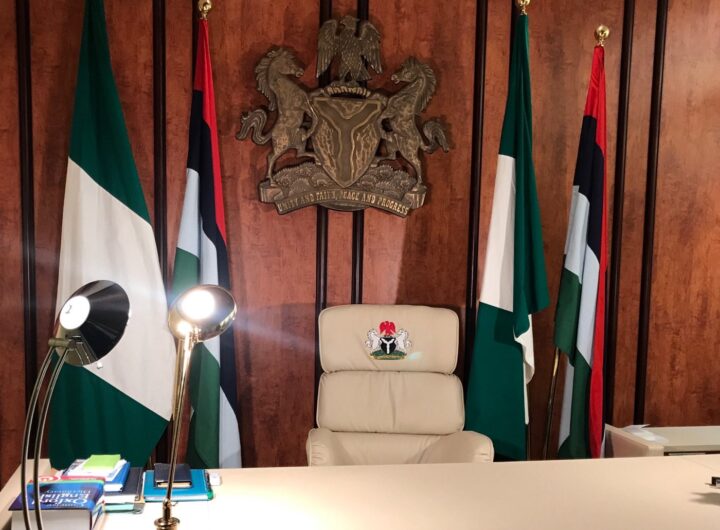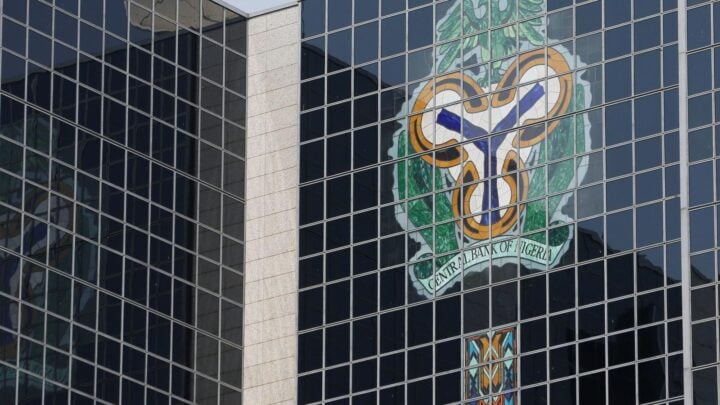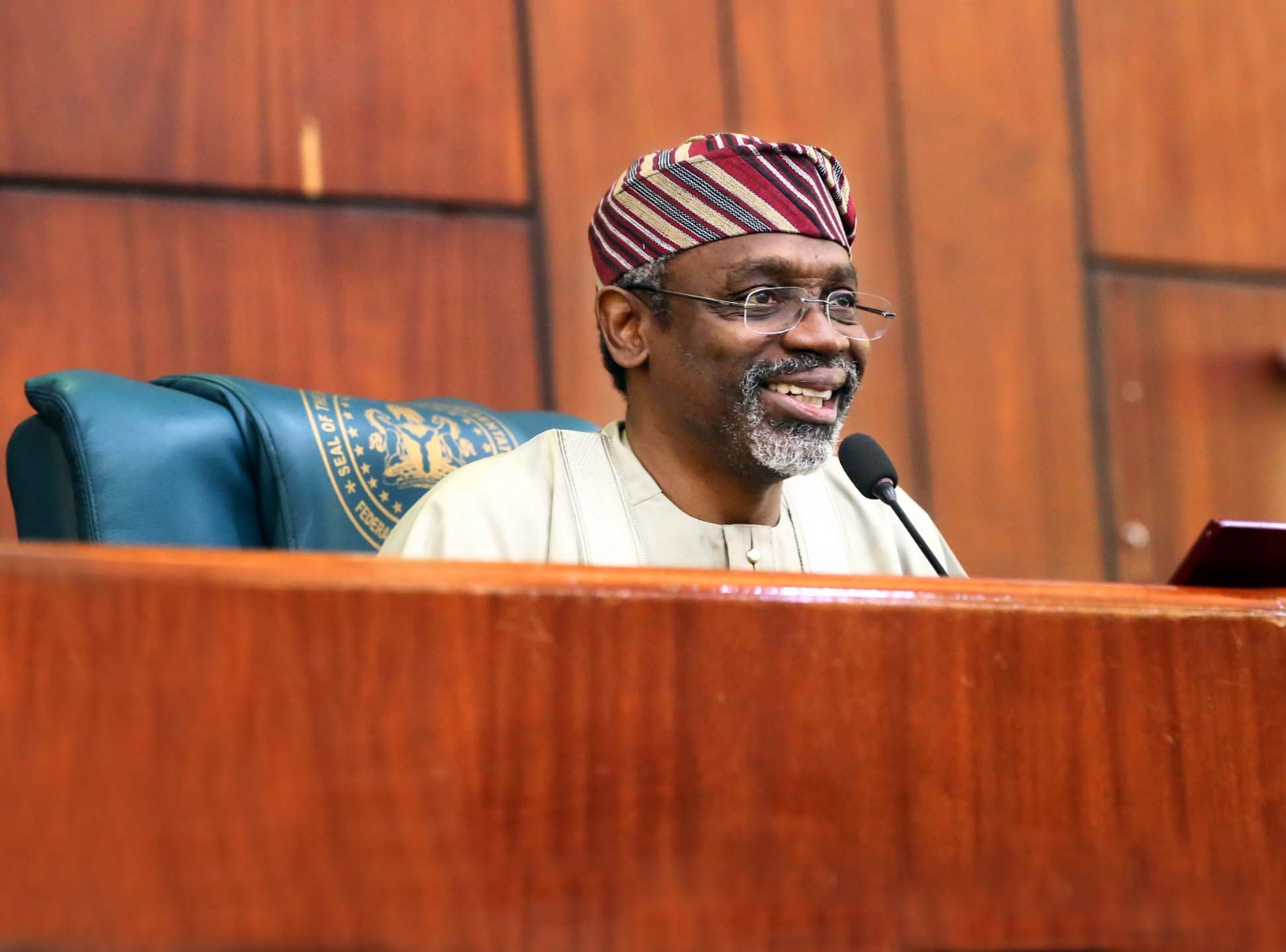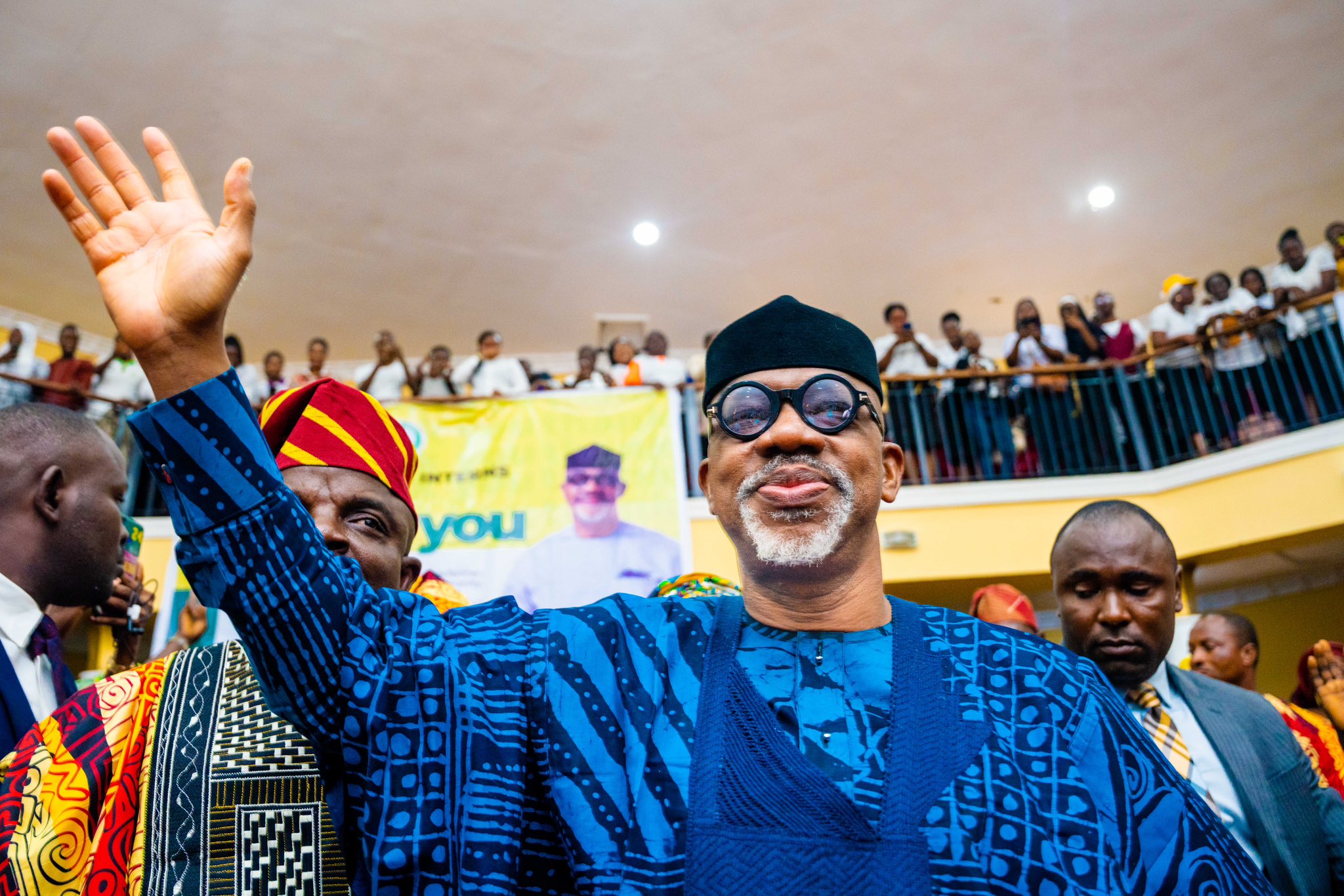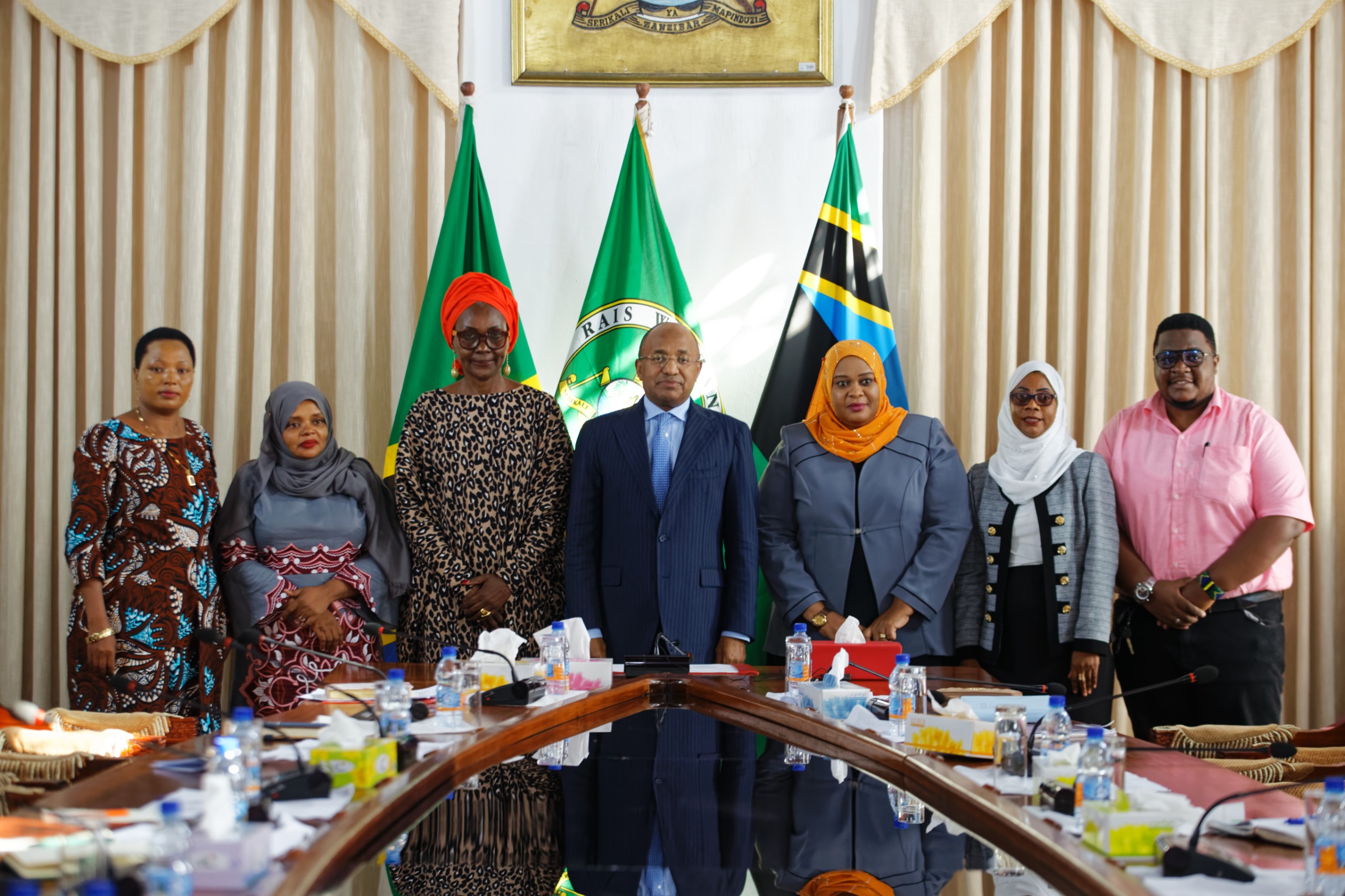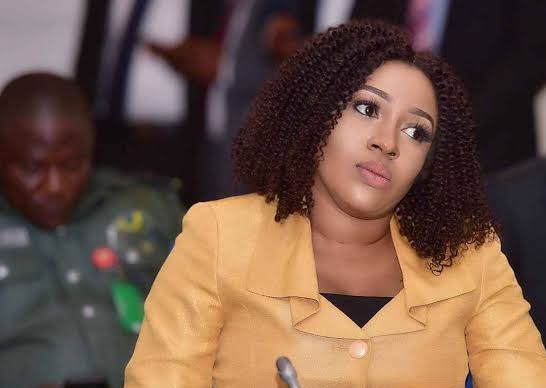BY AMINU ADAMU
Nigeria, a vibrant tapestry of cultures and resources, stands tragically entangled in a web of invisible puppeteers – the enigmatic cabals. This clandestine force, known as “cabals,” has transcended eras, leaving an indelible mark on the nation’s governance.
Nigeria finds itself ensnared in the unseen machinations of these enigmatic puppeteers.
From the dawn of independence in 1960, the cabals have discreetly navigated the corridors of power, intertwining with the elected officials like threads in a complex fabric. Their influence, though not a recent phenomenon, has evolved, adapting to the changing political landscape. As the nation emerged from colonial rule, the nascent democracy faced the subtle manoeuvres of these shadowy figures, laying the foundation for a pervasive influence that continues to haunt Nigeria to this day.
Advertisement
The tendrils of the cabal reached into the heart of the Goodluck Jonathan administration, where a select group, dubbed the “kitchen cabinet,” held sway over decision-making. Figures like Diezani Alison-Madueke, the oil minister embroiled in corruption scandals, and Ama Pepple, the president’s confidante, became synonymous with opaque governance. Jonathan, ostensibly the president, appeared as a mere marionette, dancing to the silent tunes of his unelected masters.
Even in the era of Olusegun Obasanjo, hailed for relative stability, the cabal’s influence persisted. Atiku Abubakar, the vice president, emerged as a key player in a group that wielded considerable sway over policy and appointments. The infamous “IBB boys” during Babangida’s rule dictated the nation’s political rhythm, showcasing the enduring grip of these unseen forces.
President Buhari, despite his promises to dismantle the cabal’s hold, found himself ensnared in its intricate web. Whispers of a “northern cabal” pulling strings from Katsina dominated headlines. Names like Mamman Daura, the president’s nephew, and Abba Kyari, the powerful chief of staff, became synonymous with backroom deal-making and unchecked influence.
Advertisement
The modus operandi of these cabals is rooted in their invisibility. They eschew brute force, opting for subtle manipulation, leveraging fear, loyalty, and crucially, access. Promises of wealth and influence entice politicians, lucrative contracts seduce business magnates, and the cloak of security lures retired generals. In return, unwavering loyalty, a blind eye to malfeasance, and unquestioning obedience to their agenda are extracted.
The consequences of this shadow governance are as insidious as they are far-reaching. Decision-making is skewed, not for the common good, but to enrich the privileged few. Development programs falter, resources vanish into the abyss of corruption, and the aspirations of ordinary Nigerians are sacrificed at the altar of cabalistic greed.
Breaking free from this invisible chokehold demands a radical shift. Shining a piercing light on the shadows is imperative. Investigative journalism, led by figures like Fisayo Soyinka and Kiki Mordi, becomes a weapon of truth, exposing hidden deals, corrupt practices, and the identities of these shadowy puppeteers.
Citizen activism, exemplified by groups like BudgIT and Enough is Enough Nigeria, mobilizes the populace. Through social media campaigns, public protests, and grassroots initiatives, they raise awareness, amplify voices, and demand accountability. The #EndSARS movement, born from outrage against police brutality, inadvertently exposed links between police leadership and powerful political figures, showcasing the potential of citizen action to crack open the cabal’s facade.
Advertisement
Whistleblowers, such as Abdulmumin Jibrin, who risked everything to expose corruption, become beacons of courage. Their defiance of threats and intimidation is crucial in bringing the cabal’s machinations to light.
Strengthening institutions is another vital front in this battle. A robust and independent judiciary is essential for holding everyone accountable, including the cabal. Judicial reform, promoting independence, and ensuring fair trials for offenders are crucial steps in dismantling the culture of impunity.
Electoral reforms are imperative to prevent the cabal from manipulating the democratic process. Independent electoral commissions, fair elections, and a crackdown on voter fraud are critical to ensuring that the Nigerian people, not shadowy figures, choose their leaders.
Media independence acts as a vital watchdog, scrutinizing every corner of governance. Protecting journalists from intimidation, promoting ownership diversity, and fostering critical thinking within the media landscape is essential to ensuring that the truth finds its voice.
Advertisement
Empowering the people is a cornerstone of the resistance. Civic education, providing Nigerians with knowledge of their rights, government workings, and the cabal’s influence mechanisms, is crucial in fostering a critical mass of resistance.
Economic diversification is a strategic move to weaken the cabal’s grip on vital resources. Overreliance on oil revenue creates a breeding ground for corruption. Diversifying the economy, promoting entrepreneurship, and investing in sectors like agriculture and technology can loosen the cabal’s hold on the nation’s purse strings.
Advertisement
Youth engagement becomes a potent force for change. Involving the youth in the political process, providing platforms for their voices, and harnessing their idealism and energy are crucial in ensuring that the fight against the cabal endures for generations.
The road ahead is undoubtedly long and arduous. The cabal will fight back, wielding vast resources and influence to discredit, intimidate, and silence those who challenge their dominion. In the face of despair, Nigerians must remember the power of collective action, the resilience of the human spirit, and the unwavering hope for a brighter future.
Advertisement
This is not just a fight for democracy or against corruption; it is a fight for the very soul of Nigeria. It is a fight to reclaim the narrative, redefine the meaning of power, and ensure that the dreams of ordinary Nigerians, whispered for too long in the shadows, finally have the chance to bloom in the light of a new dawn.
So, let the whispers of resistance become a deafening roar. Let the scattered sparks of defiance ignite a nationwide inferno. Let the fight against the cabal become a defining chapter in Nigeria’s story, a testament to the enduring power of a people united in their yearning for a just and equitable future. The shadows may loom large, but the light of hope burns brighter still. And in that light, Nigeria will rise.
Advertisement
Adamu is a sociologist and freelance journalist based in Abuja. He can be reached via aminuibnadams26@gmail.com.
Views expressed by contributors are strictly personal and not of TheCable.
Add a comment
